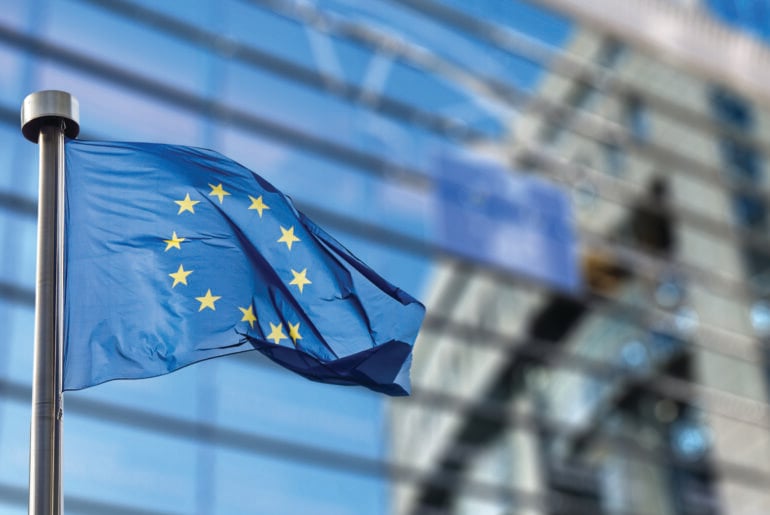On August 9, India’s Digital Personal Data Protection Bill, 2023 (“DPDP Bill”) passed both houses of the Indian Parliament and now awaits Presidential assent. In 2017, India’s Supreme Court mandated that privacy is a fundamental human right. Since that time, India has been working to pass data protection legislation. The DPDP Bill is India’s fifth draft of the bill. The DPDP Bill only applies to the processing of digital personal data in India, where the personal…
In
Data Privacy
Key Takeaways From India’s Digital Personal Data Protection Bill, 2023
by Flavia Amaral, Vinod Bange, Kritiyanee Buranatrevedhya, Ken Chia, Cynthia Cole, Magalie Dansac Le Clerc, Elisabeth Dehareng, Dominic Edmondson, Rachel Ehlers, Dr Lukas Feiler, Francesca Gaudino, Brian Hengesbaugh, Marcia Lee, Dr Michaela Nebel, Pattaraphan Paiboon, Anne Petterd, Manisha Reddy, Kensaku Takase, Florian Tannen, Alex Toh, Carlos Vela-Trevino and Jo-Fan Yu
4 Mins Read









